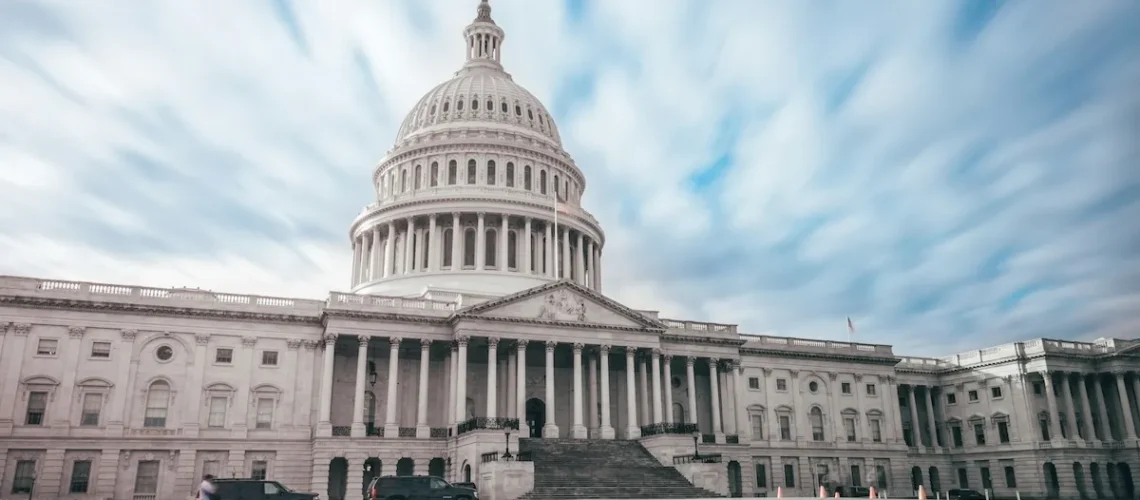Yesterday, the CLARITY Act passed favorably through the House Agriculture and Financial Services Committees with 47-6 and 32-19 bipartisan votes, respectively.
While a handful of amendments will be incorporated into a revised version of the bill, none of said amendments will alter a recently-added section of the bill that regards noncustodial products and services.
To clarify, on Monday, language from the Blockchain Regulatory Certainty Act (BRCA) was added to the CLARITY Act.
This language, included in Section 110 of the CLARITY Act, is focused on non-controlling (noncustodial) blockchain developers and blockchain service providers.
The exact wording in the bill is as follows: “A non-controlling blockchain developer or provider of a blockchain service shall not be treated as a money transmitter or as engaged in ‘money transmitting,’ or, following the date of enactment of this Act, be otherwise subject to any new registration requirement that is substantially similar to the requirement that currently applies to money transmitters.”
It was particularly important that this segment of the bill not be altered because, with this language included, the bill protects not only Bitcoin and crypto enthusiasts’ right to use noncustodial wallets, but the right of developers to continue to create such products and services without being subject to money-transmission laws as per the Bank Secrecy Act (BSA).
“Section 110 doesn’t just clarify that non-custodial devs aren’t captured by the BSA, but also forbids future laws and regulations (e.g. DAAMLA) that would modify or supersede the BSA to treat non-custodial actors as money transmitters or similar,” wrote Zack Shapiro, Head of Policy at the Bitcoin Policy Institute, in an X post. “If this passes, that means that anti-crypto zealots like Sen. Warren would first have to repeal [or] modify this bill before passing additional rules that would impinge on self-custody.”
This issue over whether noncustodial Bitcoin and crypto service providers is relevant as the Samourai Wallet and Tornado Cash developers prepare to face trial.
It’s also generally important in preserving the right of U.S. citizens to use digital assets privately.
Chairman of the House Subcommittee on Digital Assets, Financial Technology, and Artificial Intelligence, Rep. Bryan Steil (R-WI) commented on Americas’ right to transactional privacy in the hearing.
“Privacy in and of itself is not illegal.
Americans have a right to it in their financial transactions.
And so there’s totally legitimate uses of privacy-preserving technologies.” @RepBryanSteil pic.twitter.com/nHPfa25UVr
— Frank Corva (@frankcorva) June 10, 2025
To learn more about how to contact your elected officials to tell them to support The CLARITY Act, visit saveourwallets.org.


